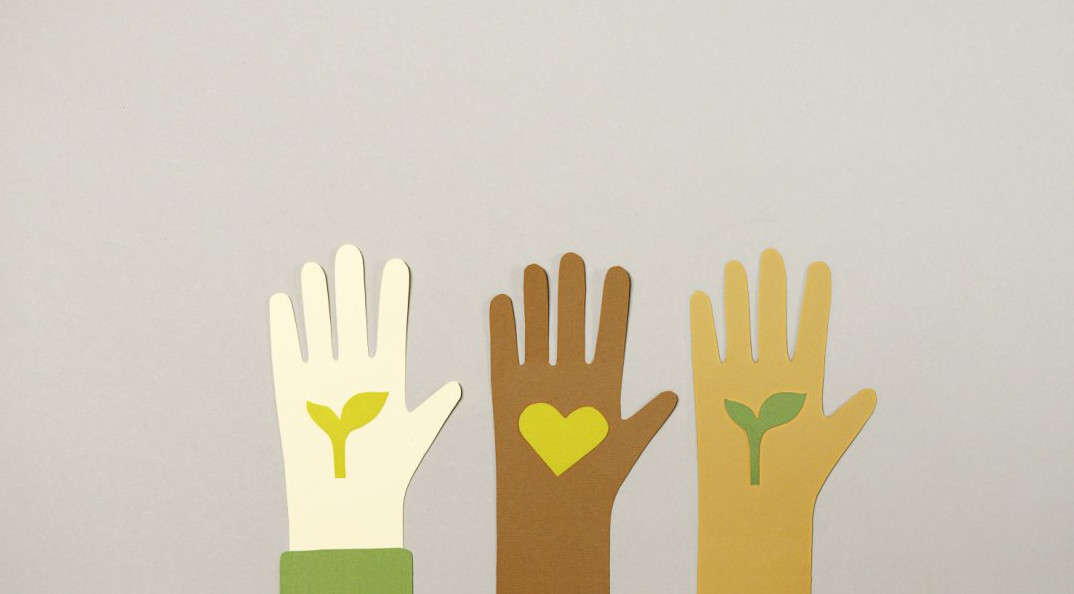Environmental Mobility and Solidarity
Language: English
Over the last decades, increasing attention has been given to environmental mobility by policymakers and academics. With the increasing visibility of climate change and its consequences, interest in this research topic has grown exponentially. In this webinar, we introduce the overall dynamics of interconnected systemic injustice and solidarity by putting upfront our personal and collective responsibility to tackle the ecological crisis, and present empirical evidence on how environmental mobility and adaptation to climate change looks like, by delving deeper into the environmental migration from Morocco to Belgium and immobility in Morocco.
Subsequently we discuss, from a religious perspective, how solidarity could take shape when dealing with environmental mobility and how to frame it as an issue of ‘climate justice’. The question of solidarity has emerged on the activist and policy agendas, as people affected by environmental changes are often not the ones that have contributed to them in the first place. Hence, solidarity seems appropriate, however, it remains unclear how it should be organized and by whom.
There are various ways in which people have reflected upon some kind of solidarity and/or justice. Solidarity could emerge within existing migrant networks and be facilitated by policy makers. So far, there is still a large potential for religious organizations to play a role in the reduction of climate-related risks and disaster management that has not yet been explored.
Environmental migration and displacement has also been put on the agenda of religious congregations and organizations. For instance, the Pastoral Orientations on Climate Displaced People put ten guidelines to the fore to develop a response to deal with climate displaced people, including the acknowledgement of the climate crisis and displacement nexus, the promotion of awareness and outreach, the provision of alternatives to displacement, positively impacting policy making, cooperation in strategic planning and action, as well as the promotion of professional training in integral ecology and fostering academic research on this topic. It is not surprising that also religious organizations and institutions are putting this topic on their agenda as environmental mobility could threaten fundamental human rights (including adequate housing, food and water supply, etc) and could make people more in need of (international) solidarity both in terms of migration and adaptation to environmental changes. In this webinar, we aim to discuss and reflect on possible ways in which solidarity could be organized.
- Welcome by Stijn Latré, Director of the University Centre Saint Ignatius Antwerp (UCSIA)
- Introduction by Peter Rožič SJ, Director of the Jesuit European Social Centre (JESC)
- “From Truth to Solidarity: The Painful and Uncomfortable Questions We Must Ask Ourselves if We Want to Build a World of Justice” by Josianne Gauthier, Secretary General of CIDSE
- “A Qualitative Study of the Migration-Adaptation Nexus to Deal with Environmental Change in Tinghir and Tangier (Morocco)” by Lore Van Praag, Director of the Centre for Migration and Intercultural Studies (CEMIS)
- The Pastoral Orientations on Climate Displaced People” by Alberto Ares SJ, Director of the University Institute for Studies on Migration Studies (IUEM) at the Comillas Pontifical University
- Panel debate and Q&A

